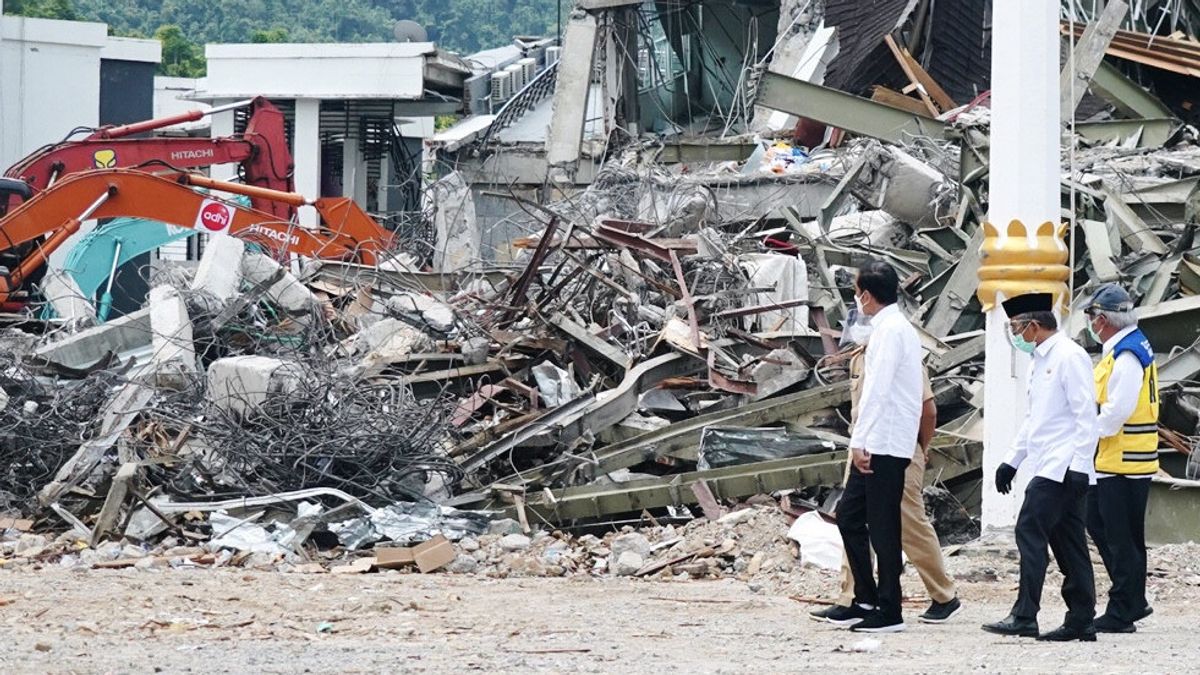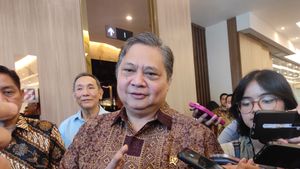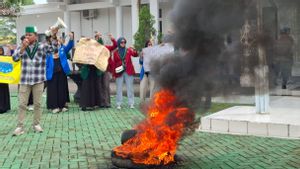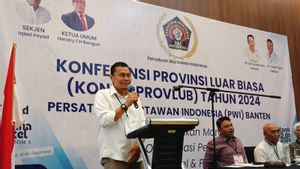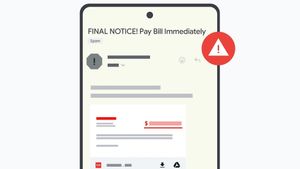JAKARTA - President Joko Widodo said, Indonesia is often hit by natural disasters that occur almost every day. And disasters become the daily life of this country.
He conveyed this at the opening of the National Coordination Meeting (Rakornas) for Disaster Management.
"As a country that is surrounded by a ring of fire, with a very large area, disasters are part of our daily life. Indonesia is one of the 35 countries that are most prone to disaster risk in the world. Almost every day there are disasters in several areas of our country, Indonesia," he said. Jokowi in the BNPB Indonesia Youtube channel, Wednesday, February 23.
Given the high potential for disasters, Jokowi said the risk of loss was also very large, both in terms of victims and material.
For this reason, said Jokowi, disaster management carried out by BNPB must be carried out in an integrated and systematic manner. The master plan for disaster management for 2020-2044 must be implemented with full commitment and responsibility,
"As one of the main pillars of disaster management, BNPB must always improve itself," asked the former governor of DKI.
Jokowi gave several points that BNPB must do in disaster management efforts. First, the work culture of BNPB must be alert, anticipatory, responsive and adaptive.
"This culture is very important because disasters come unexpectedly, they come suddenly. In fact, there have been disasters that were previously unimaginable, one of which is the COVID-19 pandemic. We must handle all these unexpected situations to minimize risks to the community," said Jokowi. .
Second, the orientation on prevention must be prioritized. Jokowi admitted that disasters such as earthquakes and volcanic eruptions cannot be prevented. However, there are still disaster prevention efforts that can be done, such as reforestation to prevent flooding, and planting vegetation to prevent landslides.
Third, improving infrastructure to reduce disaster risk. For example, vegetation blocking tsunami waves. Then, planting mangroves and associated plants. In addition, disaster evacuation routes must also be kept alert.
"Because we know that global climate change will lead to a more dire direction. All countries have also been horrified and have experienced disasters that did not exist before, then there are due to climate change," he said.
Fourth, Jokowi views that BNPB must actively invite all officials, central and local governments, so that all development programs must be oriented towards disaster responsibility.
Business licenses issued must also consider disaster risk. Then, infrastructure development must reduce disaster risk.
"We often wake up, forgetting about this. The mainstreaming of disaster-resilient policies must continue to be prioritized," he continued.
Fifth, Jokowi asked BNPB to build a disaster education system, especially in disaster-prone areas. This education can be done starting from the family, community, school, to the community.
"Indonesia's big agenda for disaster resilience must be carried out by all components of the government and components of the nation, we embrace the strengths and potentials that exist in society, we create a disaster-responsive society," concluded the former mayor of Solo.
The English, Chinese, Japanese, Arabic, and French versions are automatically generated by the AI. So there may still be inaccuracies in translating, please always see Indonesian as our main language. (system supported by DigitalSiber.id)
